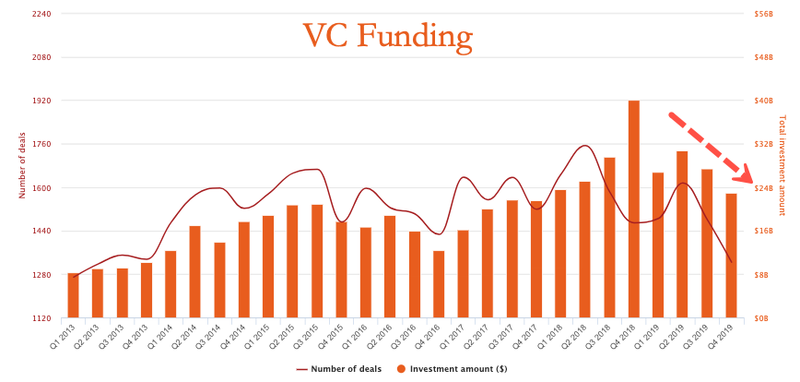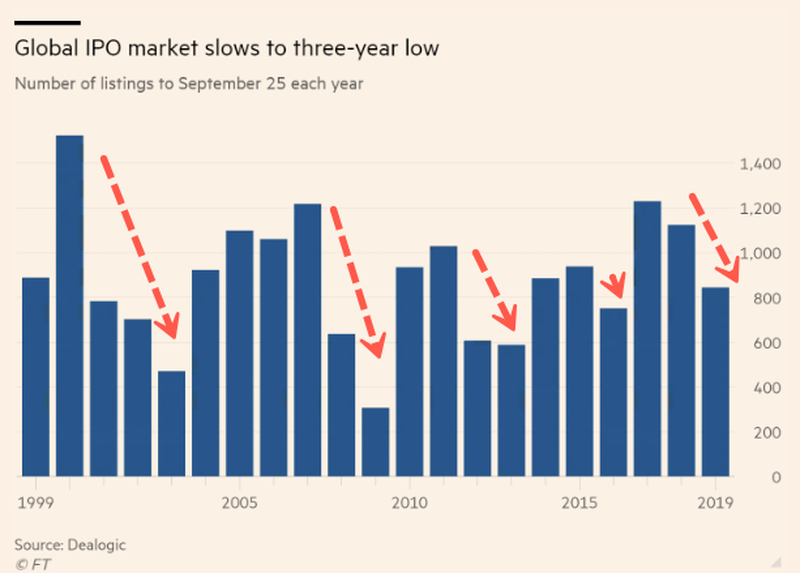The New York City Commission on Human Rights, an oversight agency that monitors compliance with the city’s incredibly broad anti-discrimination law, has ordered the fashion company Prada to stop selling certain toy dolls—described by many as racist caricatures akin to blackface—and send its employees to sensitivity training.
In doing so, the overzealous agency is claiming vast new powers to police a private entity’s behavior. Unfortunately, Prada is meekly submitting to the commission’s demands, and other companies—including Dior and Gucci—are facing similar inquisitions.
This is just the latest in a series of power grabs on the part of the commission, which has vastly exceeded its authority and now represents a serious threat to free expression in New York City.
In September, the commission announced that an employer or landlord’s use of the term “illegal alien” could be considered a form of illegal discrimination, and result in a fine of up to $250,000. This sweeping declaration was made without any reference to oft-cited limitations: Hostile speech must generally be severe, pervasive, and objectively offensive to rise to the level of harassment, for example. This raises questions about whether the commission’s guidance would survive a legal challenged on First Amendment grounds.
But even before this declaration, the commission had begun an investigation into Prada after receiving complaints that some of their merchandise was racially insensitive, according to The New York Times:
For the last year, the New York City Commission on Human Rights, the law enforcement agency of the municipal government charged with overseeing the city’s human rights laws as they apply to housing, retail establishments and other areas, has been investigating and in settlement talks with Prada, a process culminating in a deal signed on Feb. 4, just in time to set nerves on edge during fashion month.
The commission sent Prada a cease and desist letter—a warning to stop selling the dolls in question—in December 2018, after a member of the commission saw a New Yorker’s angry social media posts about the dolls. This New Yorker, Chinyere Ezie, a civil rights attorney, filed a complaint with the commission last January.
Prada’s signed agreement with the commission is incredible. The company will put all New York store employees—and company executives in Milan—through racial sensitivity training. Prada will also appoint a diversity and inclusion officer, subject to the commission’s approval. This person will be tasked with “reviewing Prada’s designs before they are sold, advertised or promoted in any way in the United States,” according to the terms of the agreement. Even The Times’ reporter found this to be a fairly absurd requirement—”Given the hundreds of products Prada creates every season, this is a pretty extraordinary task,” the articles notes in an aside.
And that’s not all:
A year after signing the agreement, Prada is required to tell the commission “the demographic make-up” of its staff at every level, and summarize “Prada’s past and future activities aimed at increasing the number of people from protected classes under-represented in the fashion industry.”
Many of the conditions within the Prada agreement mirror commitments Gucci has already announced, including the creation of scholarships and promises to diversify its design and executive team. In July, it hired Renée Tirado, its first global head of diversity and inclusion, who formerly held a similar role for Major League Baseball.
Gucci declined to comment on the status of its discussions with the commission, though it did not deny the conversations were taking place. Dior did not respond to requests for comment.
In short, government bureaucrats have decided that existing anti-discrimination law gives them the power to tell fashion companies what sort of merchandise they can sell. Explicitly, this is the power they have claimed for themselves. Deputy Commissioner Sapna Raj made this clear to the Times, saying, “I don’t know that we realized previously so many major fashion houses had this ignorance of the history of racism in this country. We hope companies realize they need to be very careful about how they market and advertise—that they need to have a larger social and cultural consciousness.”
She’s not kidding: Companies that are ignorant will be forced to educate themselves. If they do not market their products in a manner the commission approves of, reflecting a “larger social and cultural consciousness,” they will be compelled to change. This naked authoritarianism should be challenged in court; unfortunately, it will take a more courageous handbag maker than Prada to bring such a suit.
from Latest – Reason.com https://ift.tt/2S4QnTb
via IFTTT


